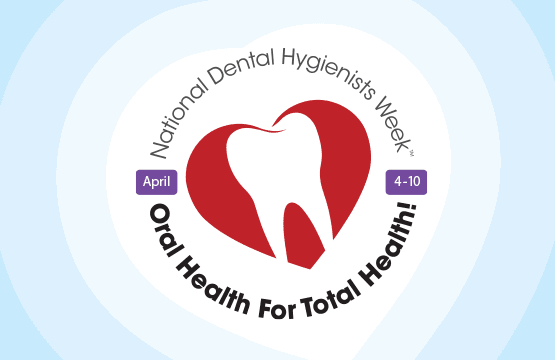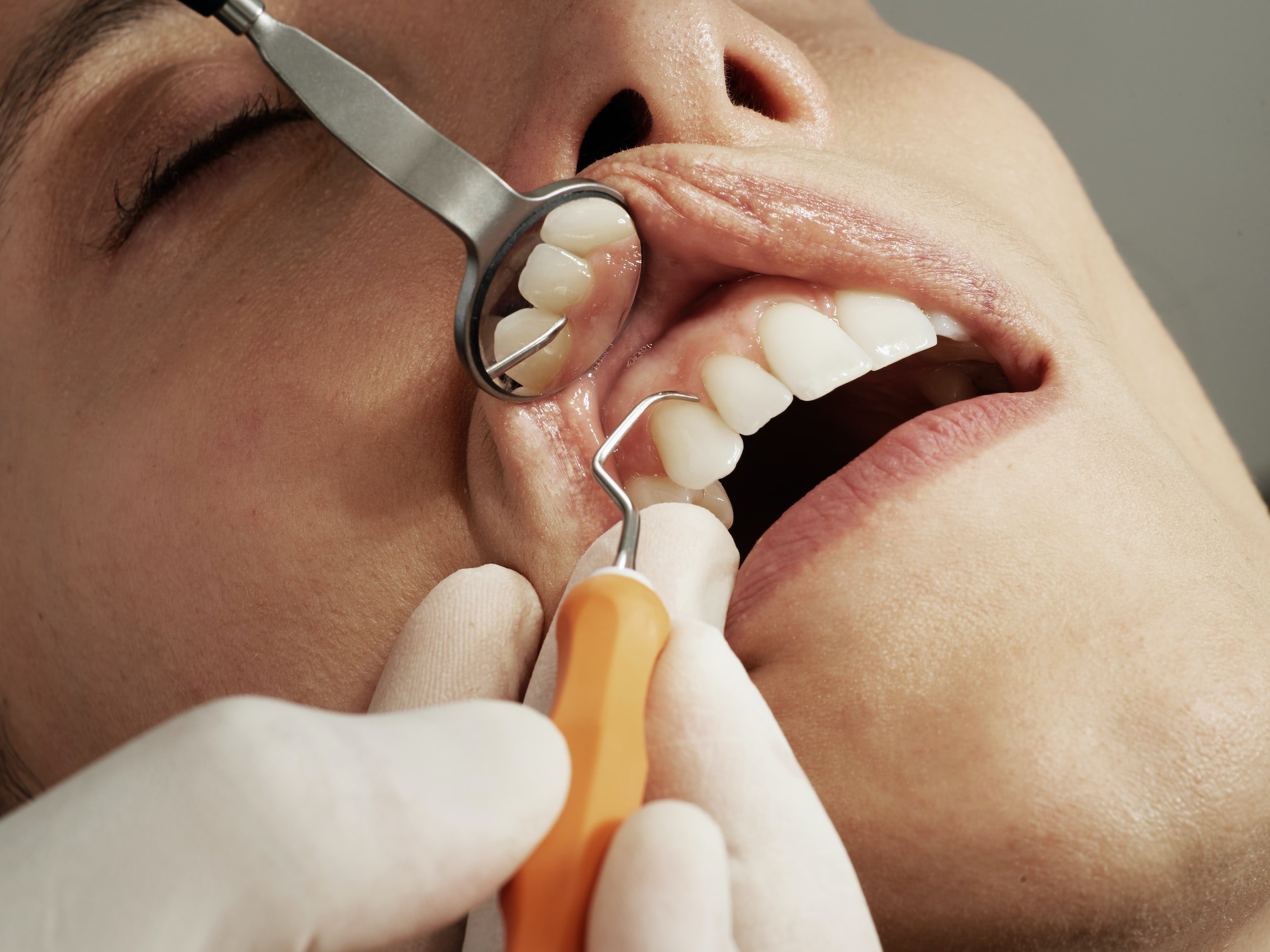Oral Health Month
The month of April is Oral Health Month and an important part of this celebration is National Dental Hygienists Week™, celebrated annually in the second week of April.
Why is it important to raise awareness about dental hygiene?
Raising awareness about dental hygiene is important because it helps people understand the importance of maintaining good oral health. Poor oral hygiene can lead to a range of dental problems, including cavities, gum disease, and bad breath. It can also have a negative impact on overall health, increasing the risk of heart disease, diabetes, cancer and other health problems. By promoting good oral hygiene, we can help people maintain healthy teeth and gums, ultimately leading to better overall health.
What are some of the most common dental problems adults face and how can they be prevented?
Some of the most common dental problems adults face include cavities, gum disease, and oral cancer. These problems can be prevented by practicing good oral hygiene, including brushing twice a day, flossing daily, using mouthwash, and visiting the dentist regularly. Eating a healthy diet and avoiding sugary foods and drinks can also help prevent cavities.
How often should I go to the dentist?
It is recommended that you visit the dentist at least twice a year for a regular check-up and cleaning. However, if you have ongoing dental problems or a history of dental problems, your dentist may recommend more frequent visits.
What are some good dental hygiene practices to follow at home?
Good dental hygiene practices include brushing your teeth at least twice a day, flossing daily, and using mouthwash. It's also important to eat a healthy diet, avoid sugary foods and drinks, and drink plenty of water.
How can I teach my kids good dental hygiene habits?
Teaching kids good dental hygiene habits is important for their long-term oral health. Some ways to teach good dental hygiene habits include:
Starting early: Begin brushing your child's teeth as soon as they appear, usually around six months of age.
Make it fun: Use colorful toothbrushes and toothpaste, play music while brushing, or make a game out of it.
Lead by example: Brush and floss your own teeth in front of your child so they can see the importance of good oral hygiene.
Emphasize the benefits: Explain to your child how good oral hygiene helps keep their teeth and gums healthy and prevents cavities and other dental problems.
Encourage healthy habits: Limit sugary foods and drinks, encourage healthy snacking, and drink plenty of water




